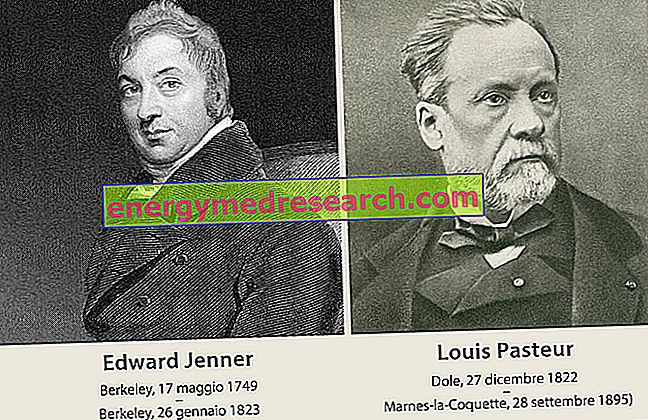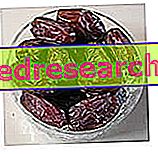
As far back as 429 BC the Athenian historian and military Thucydides - describing the plague of Athens during the Peloponnesian war - observed that the healed rarely fell ill a second time, and never mortally.
Today we know that this sort of " natural vaccination " is due to the fact that the antibodies, once activated following the onset of a disease, continue to confer resistance against it for long periods (in some cases throughout life).
Around the year 1000 AD, in China and India, empirical experience had spread the habit of using pathological material from patients suffering from smallpox ( Variola minor ), to treat healthy people (" variolization ") so that they could contagious. In this way, once the infection was overcome, the treated subjects were immune to the most serious forms of the disease ( Variola vera and Variola haemorragica ).
Starting from the end of the 1700s, discoveries regarding the production and administration of vaccines have provided humanity with one of the most formidable means for the prevention and fight against infectious diseases.
The physician Edward Jenner observed that the peasants who had contracted cowpox (much less severe than the human variant) by milking the cows, once the disease had been overcome, never contracted human smallpox. In 1976 Jenner then tried to inject material from a cowpox pustule into an 8-year-old boy, and the disease did not develop.
The term vaccine ( from cow, in honor of Jenner's discovery) officially entered the medical literature only 100 years later, in 1881, thanks to Louis Pasteur . The French biologist succeeded in overcoming the anthrax by means of an attenuated culture of anthrax bacilli.



